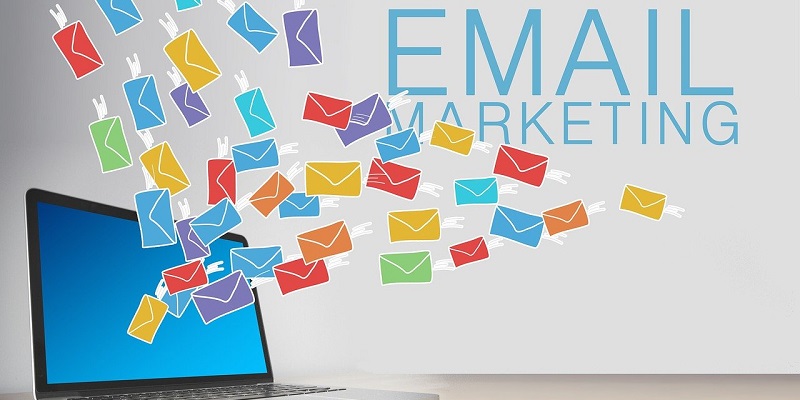Your email list can make a difference in whether the right people see your message or if your message goes completely unheard. In today’s digital age, email marketing remains one of the most powerful tools for businesses to reach and engage with their target audience. However, to achieve success, you must prioritize quality and ensure that your email list consists of real people who actively check their emails. In this article, we will explore ten effective strategies that will help you build and grow your email list.
Ensuring a High-Quality Email List
To maximize the impact of your email marketing efforts, quality should be your biggest priority. It’s not only about having a large number of subscribers, but rather focusing on genuine engagement. Ensure that your list consists of real people who actively check their emails and are genuinely interested in your business or industry.
Targeted Audience
The people on your list should be interested in your business or industry – or both. By targeting individuals who are already interested in what you have to offer, you increase the chances of them engaging with your emails and ultimately converting into customers. Segment your list based on interests, demographics, or past interactions to send tailored content that resonates with each subscriber.
Utilizing Social Media
Social media platforms offer a fantastic opportunity to grow your email list. Include a link to sign up for emails in your social media posts and accounts. By promoting your newsletter or subscription through these channels, you can reach a wider audience and generate more leads.
Social Media Promotion
Devote specific social media posts to encourage email sign-ups. Highlight the benefits of joining your email list, such as receiving exclusive content, special offers, or industry insights. By consistently showcasing the value your emails provide, you will pique the interest of potential subscribers and motivate them to sign up.
Integrating List-Building into Everyday Tasks
Building your email list should be an ongoing effort that is integrated into your daily marketing tasks. Make it a habit to promote your newsletter or subscription whenever you interact with customers, whether it’s through customer support, sales calls, or networking events. By consistently collecting new contacts, you will steadily grow your list.
Exit-Intent Pop-ups
An exit-intent pop-up appears when a visitor is about to leave a website. Use this effective technique to capture the attention of visitors who may have overlooked your email sign-up form. Offer them a compelling reason to join your list, such as a free resource or exclusive content, to increase the likelihood of conversion.
Incentives
People love to get something in return for their actions. Offer discount codes, freebies, or exclusive content to entice people to sign up for your emails. Providing immediate value creates a sense of reciprocity and increases the chances of conversion. Ensure that the incentives are relevant to your business, as this will attract subscribers who are genuinely interested in what you have to offer.
Challenges and Giveaways
Creating a challenge or giveaway is a powerful way to engage your audience and encourage email sign-ups. Develop a contest or challenge that aligns with your brand and offers participants the chance to win exciting prizes. To enter, participants must subscribe to your email list, thereby growing your subscriber base while building excitement and engagement within your target audience.
Local Networking
Networking plays a crucial role in expanding your email list. By joining your local chamber of commerce or other community organizations, you can connect with like-minded individuals and businesses in your area. Attend industry events, trade shows, and conferences to meet potential subscribers face-to-face. These in-person interactions provide an excellent opportunity to promote your email list and establish meaningful connections.
Building and growing your email list is a key component of a successful marketing strategy. By prioritizing quality, targeting the right audience, utilizing social media effectively, integrating list-building into everyday tasks, leveraging exit-intent pop-ups, providing incentives, engaging through challenges and giveaways, and networking locally, you can steadily expand your email list. Remember, effective email marketing starts with a strong foundation – a high-quality list of engaged subscribers who are genuinely interested in your business or industry.

